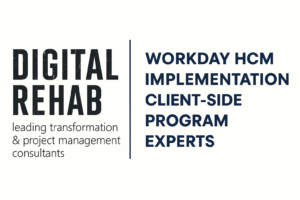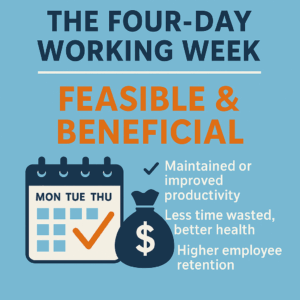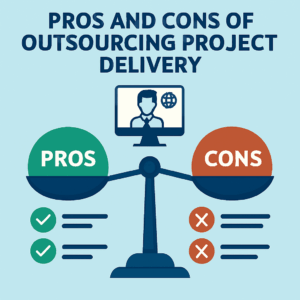Insights from Digital Rehab
Planning isn’t just a box to tick – it’s the foundation of successful digital delivery. Yet in many organisations, it’s the first thing to be scaled back when budgets tighten. That’s a mistake.
At Digital Rehab, we’ve seen firsthand how poor planning leads to project overruns, scope creep, and missed business outcomes. And we’ve seen how proper planning transforms complexity into clarity.
Why Planning Gets Overlooked
Digital projects are fast-paced, high-pressure, and often underfunded. When time and money are tight, planning is treated as a luxury. But with digital now embedded in every facet of business – from customer experience to internal operations – the absence of proper planning dramatically increases risk and diminishes value.
Planning Should Be Half the Project
Our assertion is simple:
The planning phase should take up roughly half the total project time.
Why? Because it’s where:
- Scope is defined
- Risks are identified
- Budget is validated
- Stakeholders are aligned
Cut corners here, and you’ll pay for it later – in delays, rework, and stakeholder frustration.
Strategy Is the Compass
A good plan starts with a clear strategy. That strategy should outline:
- The business context and drivers
- Key personnel and decision-making authority
- Delegations and lines of accountability
- The impact on BAU operations and internal resourcing
- Interdependencies with other projects
Australian businesses, in particular, tend to be reactionary in their approach to scoping and release planning. Many underestimate complexity and fail to coordinate across initiatives – leading to duplication, overlap, and missed opportunities.
Consultation vs. Dilution
Yes, planning should be collaborative. But too much consultation can dilute focus and introduce delivery risks. The goal isn’t to appease everyone – it’s to create a clear, actionable roadmap.
What a Good Plan Covers
A strong project plan should:
- Evaluate dependencies and delivery methodology
- Define key success criteria
- Identify risks and remediation strategies
- Clarify tools, processes, and expectations
- Communicate how the project will be delivered – clearly and confidently
Final Thought
Proper planning isn’t optional. It’s the difference between chaos and control.
If more businesses invested in planning upfront, the failure rate and perceived pain of digital projects would drop dramatically.
Let’s stop treating planning as overhead – and start treating it as the strategic asset it truly is.


























